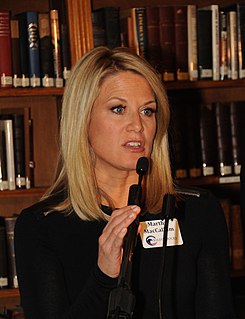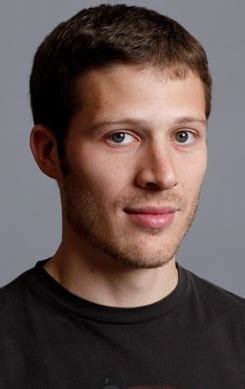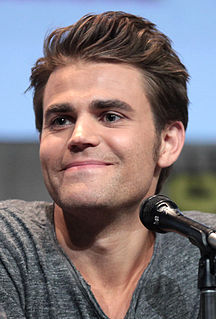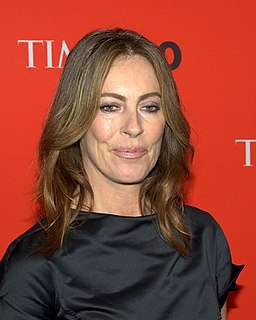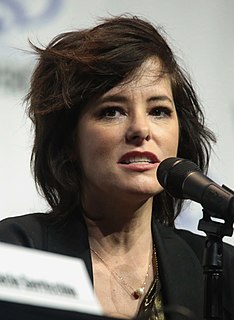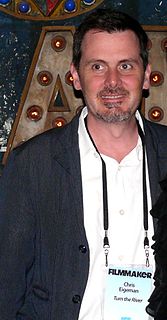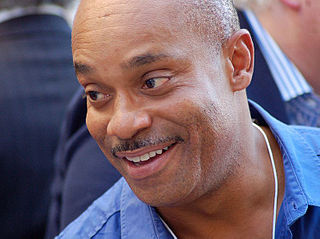A Quote by Roger Rees
I think like an actor when I'm acting, and I think like a director when I'm directing.
Related Quotes
In the beginning you can think, "The world is like a stage. I am only an actor. God is the director. All are His instruments, all are just actors. He is directing everything." But do not always remain at that level. Move on. Think, "I am the unchanging Atma, not this changing personality and body."
The best directing style is the one that lets me do whatever I want. Seriously though, I like to be challenged and I like to collaborate. I love finding the medium between what I think and what a director does. I hate when a director uses the "my way or the highway" approach. But it also sucks when they tell you everything you do is great and offer no input. It's a fine line a director has to walk. It is a hard job.
Stepping out of the director's chair completely and into a scene as an actor was weird. It was more excitement about directing than anything, but I was on a high from being a director and enjoying that process so much that going back to being an actor was almost secondary because I really was loving directing.
I directed my first music video for Sara Bareilles. I like writing and directing. I co-wrote '21 Jump Street' and I'm in that. To me, they all inform the other one. I think writing makes you a better actor, acting makes you a better writer, directing makes you better at both. To me, I'm just trying to learn as much as possible.


